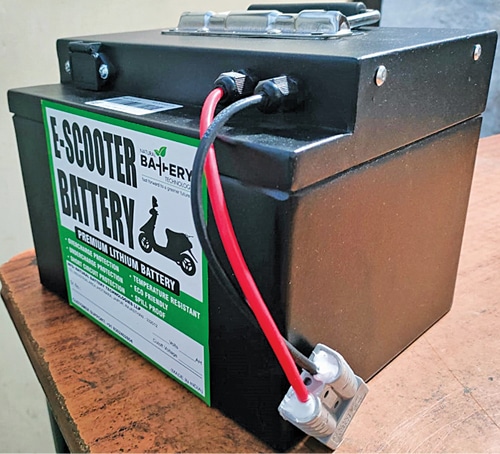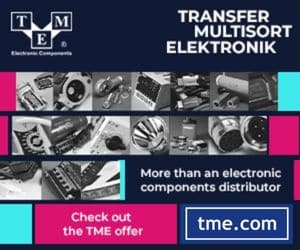While recent incidents of electric vehicle fires have alerted us on battery safety needs, a Jaipur based startup, Natural Battery Tech, is building batteries that it claims can sustain harsh temperatures up to 200°C and still provide optimal efficiency.
With the rise in demand for larger battery packs with more safety features, Puneet Jain, CEO, Natural Battery Tech, says they are now designing lithium-ion batteries that can work beyond their rated capacity and also sustain harsh temperatures.
“The lithium cells (NMCs) may get heated and touch up to 55-60 degrees Celsius, leading to thermal runaway. The usual batteries available in the market may use a thermal foam or epoxy sheet that can protect up to 100 or 125 degrees Celsius. By using specialised thermal pads and heat protection devices, we are able to secure the complete pack up to 200 degree Celsius. These materials can also absorb vehicle shocks to safeguard battery internal components,” he explains.

For ensuring safety from faulty cells, the firm has introduced fused connection technology, which isolates the faulty cell in the pack from the rest. “A battery pack is a combination of cells. If you are using a simple connection type and if any cell goes bad, it cannot isolate itself from the regular pack. While bigger firms like Tesla go for expensive technologies like ultrasonic bonding to address such issues, we have come up with a cheaper solution of using fused connections for our battery packs,” says Jain.
Jain calls the optimisation feature as their unique selling point. “If a client orders a 50Ah (ampere-hour) battery, we give them a 51.5Ah battery. This is a subtle difference, but it turns out to be a great trust-building factor,” he says.
To optimise space and fit more battery capacity in limited vehicle space, the firm uses customised ABS structures to keep the lithium cells in place. The ABS structure has involved careful selection of materials that can enable the battery to be compressed further and allow packing more capacity. A typical battery of 50Ah capacity is housed in a box of 400mm thickness and with the compression structure, it is reduced to 365~370mm. The space saving (approx. 30mm all-round) can be used for increasing the capacity of the battery further.
While the team had earlier faced difficulties in selecting materials that could provide both thermal and shock protection, and also in designing ABS structures, finding a manufacturer in India was a bigger challenge. “We couldn’t find a manufacturer in India and hence we moved to importing from countries like China and Germany. This is also a reason that puts our cost a little higher compared to our competitors,” Jain says.
The business was started in 2019 with the leasing of electric rickshaw batteries. It was later shifted to a couple of other financial models, realising the initial heavy investments. “I partnered with electric vehicle manufacturers and sometimes we even did the delivery service by hiring drivers. All those options were not very scalable with the limited funds. Now we currently focus only on building batteries,” he adds.
He strongly believes that allowing a free hand to experiment is a great way to innovate. “I have quite some examples in our factory where we had trained our manpower from little technical expertise to adapt successfully in innovating at our factory floors. Those with not so higher education backgrounds have experimented a lot with testing, repairing, tinkering, and are now working out ways of producing efficient results,” Jain says.

Jain expects to soon introduce an effective liquid cooling mechanism. His team is designing the pump and pipe systems for liquid cooling to effectively keep the larger packs cool. Jain aims to develop a great battery ecosystem deploying battery swapping and charging infrastructure in India in the long run. He says, “We are already in talks with some investors. We want to create an infrastructure where the batteries can be easily serviced, recharged and all managed through mobile apps.”
The firm is currently planning expansion and looking for sophisticated OEMs to co-design battery packs customised for their vehicles. It is also in process of hiring battery researchers, mechanical engineers, supply chain managers, product development experts, and electrical engineers.







